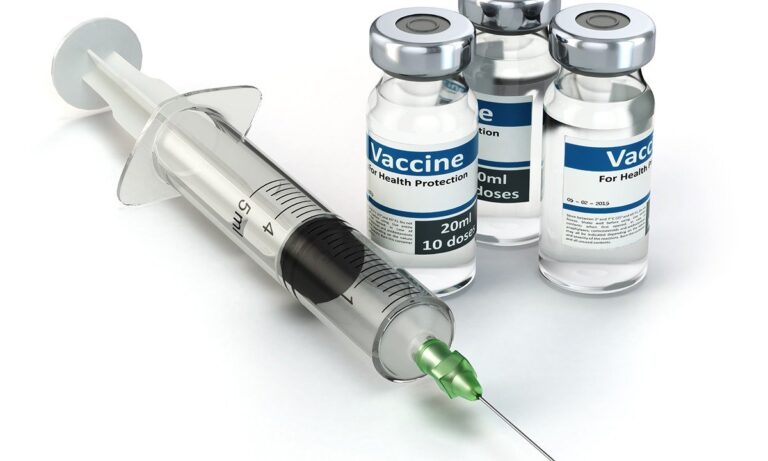Gron en funks’ Diseases of the respiratory system are very severe and easily spread during winter since more time is spent indoors. Luckily, we have vaccines that actually shield us not from all but some of respiratory viruses and most deadly ones.
Understanding Respiratory Viruses and Vaccination
The risks from respiratory viruses apply to all, but greater risk is often seen among the younger children, the older adult, and even among individuals with compromised immunity. Airborne droplets are the primary mode of transmission for respiratory viruses, leading to serious complications in the respiratory tract; thus, vaccination is an essential preventive tool.
Some Common Respiratory Viruses and Their Implications
There are good numbers of respiratory viruses of which one should be aware, and is characterized by unique characteristics and symptoms and the potential health impact. Below, we have reviewed some of the most commonly known respiratory viruses and health impacts.
Also Read:
Transform Your Diet: Proven Steps to Reduce Added Sugar
Influenza
Every year, millions become infected with the flu virus; fever, sore throat to body aches is all they present. Such a thing leaves some very sick; old people and even some very young are affected more drastically, often sending some into the hospitals, only to die in it.
COVID-19
Since its appearance, the SARS-CoV-2 virus that causes COVID-19 has changed the priorities of healthcare all over the world. It ranges from causing moderate to severe pneumonia like symptoms with a propensity to turn fatal as the disease stage escalates. Vaccination has gone a long way in minimizing the effects of COVID 19 though reduction of transmission can only be enhanced by vaccination.
RSV, or Respiratory Syncytial Virus
These viruses are particularly lethal to the infant and the elderly person. In general, they are responsible for the common cold, but can cause much worse respiratory diseases, particularly among susceptible populations. Typically, the season of RSV infection overlaps with influenza, and so the recommendation to consider vaccination is doubly valid.
Available Vaccines Against Respiratory Viruses
There are a few vaccines to protect against these respiratory viruses. Let’s look at each in greater detail so that you’ll know how they work and whom they’re recommended for.
Influenza Vaccine
Flu vaccination is an annual flu shot, which has been specifically made to offer immunity to all common strains of flu present each year. All the age groups over six months old are recommended for nearly everybody, and they guard against severe flu-related complications. Flu is a combination of different strains; this means that people require a flu vaccination each year, and this changes every year.
COVID-19 Vaccines
It was never the purpose of COVID-19 vaccines to prevent people from getting symptoms or from being admitted to the hospital. A few examples are mRNA Pfizer and Moderna vaccines which have been pushed to extremes in terms of their safety and effectiveness and now come with booster shots for continued immunization.
RSV Vaccines
In the recent past, high-risk groups like infants and elderly people have been treated with vaccines against RSV. Although they are less popular than flu and COVID-19 vaccines, such steps are very crucial towards protection of the vulnerable people against severe complications of RSV.
How Do Such Vaccines Protect You?
Still, each of those vaccines is a little different in how it works to attack the virus in question. It is estimated that most of the respiratory vaccines main aim is to help your immune system identify those viruses if it comes across them in the future. It enables your body to react quicker and more effectively, sometimes keeping you from becoming severely ill and preventing the spread of the virus to others by developing this “immune memory”.
Almost everyone should be vaccinated except that some groups benefit from the vaccine more than others due to a higher chance of developing severe illness.
Advantages of Vaccination Apart from Personal Protection
Vaccines do not just defend an individual but also the population of people. Herd immunity is achieved as more and people are vaccinated, reducing the virus’s spread and safeguarding lives of those unable to take vaccines for some health conditions. Vaccination also relieves the pressure on health care facilities to ensured hospitals, clinics end up attending to their patients better.
Stay Up-to-Date: When to get vaccinated and Where to get vaccinated
Staying abreast of the stock of the vaccines is very important as new boosters and vaccines latest versions are developed. A word with many local pharmacy health clinics, or a vaccination campaign offers vaccines at some convenient time for the most part during flu and respiratory viruses.


